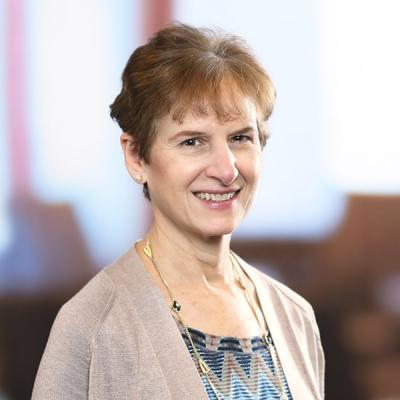Visa Backlog Blues
Yesterday the Department of State (DOS) disappointed a lot of people when it published its August, 2019 Visa Bulletin. In this most recent Visa Bulletin, DOS announced that the 2nd and 3rd preference employment-based visa categories that had been “current” (i.e. not backlogged) for purposes of finalizing the green card process, were retrogressing by many years, and that the 1st preference category was moving even further backwards for most countries of birth. While DOS did state in its Bulletin that it will do everything possible at the start of the next fiscal year (October, 2019) to bring the dates back to where they stood in July, there are no guarantees that this will happen. Thus, thousands of green card applicants who assumed that they were close to finalizing their status now have to contend with this harsh new reality.
This retrogression of the dates for finalizing the green card process underscores the flaws in the permanent visa allocation system set out in the Immigration and Nationality Act. The law provides for 140,000 employment-based and 226,000 family-based immigrant visas annually. There are additional limits to the percentage of immigrant visas that may be allotted based on an immigrant’s country of birth. Due to the per-country limits, immigrants from countries with high rates of immigration must wait in line longer than those from countries with lower immigration rates. For example, high skilled workers from India are subject to a 10+-year backlog. Until yesterday, similarly qualified workers from most other countries in the world had no wait at all, other than regular processing times. With the publication of yesterday’s Bulletin, everyone now has a multi-year wait, but the backlog for those born in India far exceed the other backlogs. And even if in October the dates revert back to what they had been in July, this will be small consolation for Indian nationals, as most countries will become “current” yet again but India will still be severely backlogged.
Lawmakers in Congress have long grappled with the unfairness of the per-country limits currently codified in the immigration law and there is considerable consensus on both sides of the aisle that we need new legislation to level the playing field in this area. Bills have been introduced in both the Senate and the House to accomplish this. Indeed H.R. 1044 “The Fairness for High-Skilled Immigrants Act” just passed the House on July 10, 2019 by a 365-65 vote. The companion Senate bill, S. 386 (which bears the same title as the House bill) was introduced on February 7, 2019. Senator Charles Grassley, former Chairman of the Senate Judiciary Committee, submitted an amendment intended to alter the bill to include a number of other changes to U.S. immigration law. Senator Grassley’s proposed changes are intended to further restrict and tighten the H-1B temporary work visa law. Senator Rand Paul also sought to amend the bill to insert a provision benefitting foreign nurses.
While maintaining the overall number of green cards available annually, both bills would completely eliminate annual per- country quotas for employment-based immigration and would raise the per-country quotas for family-based immigration from 7% of the total number of visas available that year to 15%. Both bills have provisions for a phased-in transition from the current system to the new system. Both bills (if unified, and passed into law), would be effective September 30, 2019.
It remains to be seen if the Senate bill will make further progress. The amendments offered by Senators Grassley and Rand could end up stalling or even killing the Senate bill. Ultimately, for per-country backlog relief to become a reality, the House and the Senate would have to agree on a unified bill to present to the President, and he would have to sign it into law.
Meanwhile, everyone waits with bated breath to see if the backlogs will grow longer, or shorter.
For the time being, there is no dodging the summertime visa backlog blues, piling on to ever-increasing restrictions on legal immigration for even the most skilled.

